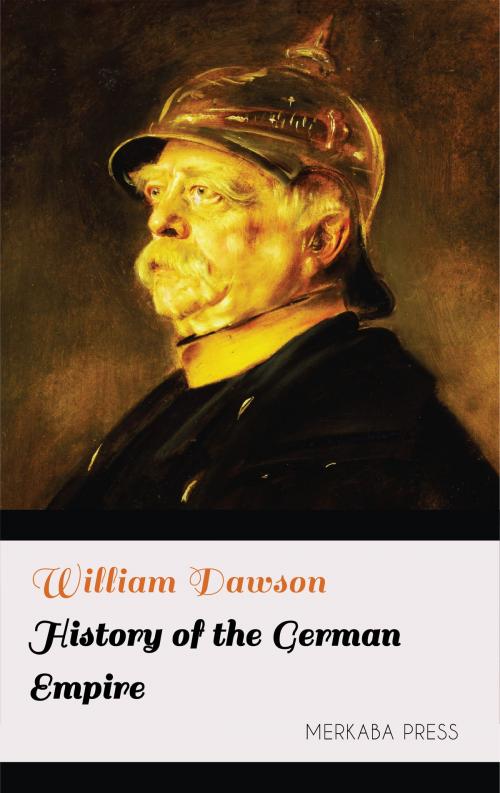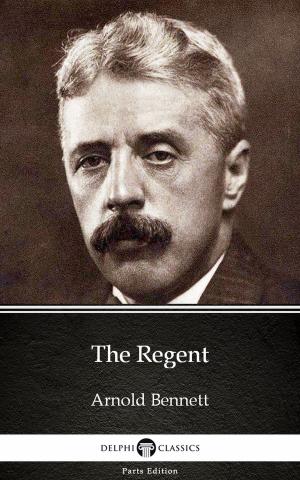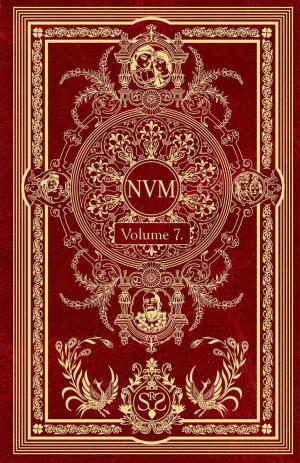| Author: | William Dawson | ISBN: | 6610000021529 |
| Publisher: | PublishDrive | Publication: | July 14, 2017 |
| Imprint: | Merkaba Press | Language: | English |
| Author: | William Dawson |
| ISBN: | 6610000021529 |
| Publisher: | PublishDrive |
| Publication: | July 14, 2017 |
| Imprint: | Merkaba Press |
| Language: | English |
AT the opening of the nineteenth century the Holy Roman Empire of the German Nation still existed, after a thousand years of chequered life. Long decadent, it was now moribund, however, and perpetuated only in name an august sovereignty which at one time extended over a large part of the European Continent. Diverse in race, language, religion, and political forms, having no common bond in administration, law, justice, or military organization, the many parts of the imperial dominion were kept together in firm union only so long as they were subject to a strong rule, and when once the centre of authority had become weakened, decline and disintegration ran their certain course.
The first powerful impetus to this process was given by the Peace of Westphalia, which secured to the German Princes a large degree of territorial sovereignty. Now for a century and a half these Sovereigns had steadily encroached upon the imperial jurisdiction and disputed its claims, local autonomy had spread and strengthened, until the might and majesty of Charlemagne's and Barbarossa's sway had come at last to be represented by a loose and incoherent political system, composed of States which had little in common save a desire to magnify themselves at the expense of the Emperor and of each other. Of these States there were three hundred, for the most part petty and as political organizations contemptible, each with its Court and Government, army and bureaucracy, customs and taxes, coinage, weights, and measures. Giants amongst pigmies, Austria and Prussia overshadowed all the rest.
AT the opening of the nineteenth century the Holy Roman Empire of the German Nation still existed, after a thousand years of chequered life. Long decadent, it was now moribund, however, and perpetuated only in name an august sovereignty which at one time extended over a large part of the European Continent. Diverse in race, language, religion, and political forms, having no common bond in administration, law, justice, or military organization, the many parts of the imperial dominion were kept together in firm union only so long as they were subject to a strong rule, and when once the centre of authority had become weakened, decline and disintegration ran their certain course.
The first powerful impetus to this process was given by the Peace of Westphalia, which secured to the German Princes a large degree of territorial sovereignty. Now for a century and a half these Sovereigns had steadily encroached upon the imperial jurisdiction and disputed its claims, local autonomy had spread and strengthened, until the might and majesty of Charlemagne's and Barbarossa's sway had come at last to be represented by a loose and incoherent political system, composed of States which had little in common save a desire to magnify themselves at the expense of the Emperor and of each other. Of these States there were three hundred, for the most part petty and as political organizations contemptible, each with its Court and Government, army and bureaucracy, customs and taxes, coinage, weights, and measures. Giants amongst pigmies, Austria and Prussia overshadowed all the rest.















